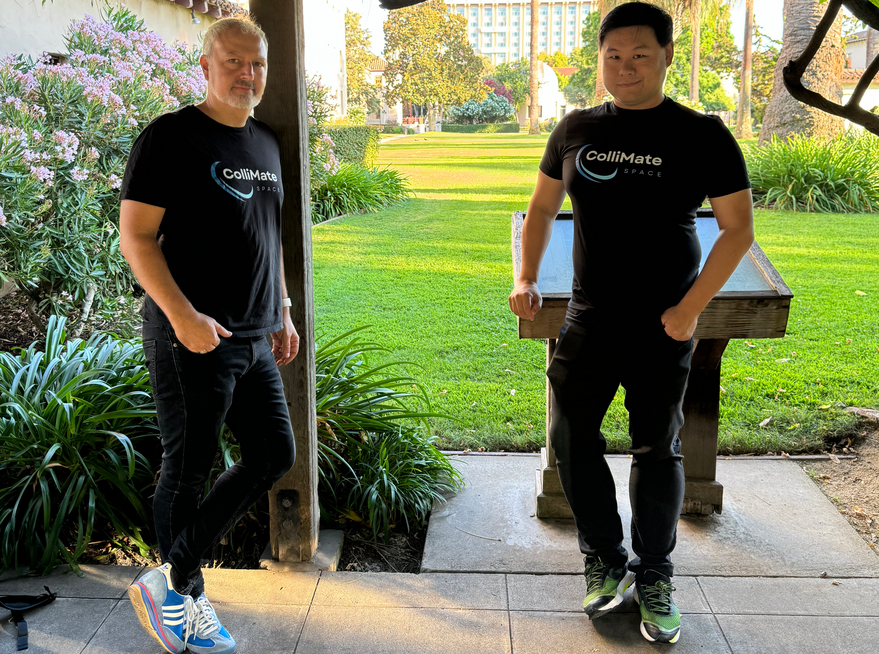Products You May Like
SAN FRANCISCO – Collimate Space, a new Silicon Valley startup, aims to tackle a specific problem for satellite operators.
Collimate offers a tool for predicting the success of satellite downlinks, after considering space weather, terrestrial weather and the location and profile of ground-based antennas.
That’s valuable because satellite operators can say to a customer, ‘I can get you the data with 90-percent confidence,’” Guillermo Jenaro, Collimate co-founder and CEO, told SpaceNews. “It gives you more precision in your prediction. This will empower our customers to say yes to customers they could not assist before.”
In addition, once satellite operators understand the probability of success for various downlinks, they can “reverse-engineer” their operations to improve the odds of success, Jenaro said. “Maybe it’s going to require that you start sending data earlier or have two ground stations in your scheduling system.”
Jenaro, who spent about 20 years working for Airbus in Spain, France, Germany and the United States, founded Collimate with Anthony Xiao, former Slingshot Aerospace engineering vice president. The two met when Xiao was the director of engineering for Acubed, Airbus’ Silicon Valley innovation center and Jenaro was an Acubed project executive.
In addition to the scheduling product, Collimate executives see long-term potential in building a variety of atomic services for satellite operators.
“Whenever we design anything, we make sure that you can plug it in with any interface you use,” Jenaro said. “We have a unique approach to this informed by having been at the customer side operating large, complex aerospace products and understanding the ecosystem.”
Artificial Intelligence
Collimate uses deep learning “to take what has historically happened, fuse it across lots of data and anticipate future events,” Jenaro said. “This can apply to scheduled communication, or avoiding jamming and space weather interference.”
In the years ahead, Collimate will use artificial intelligence to create “optimized” communications planning for space operators, Jenaro said. “In the future, there will be several layers of AI throughout the tech stack and chat interfaces might be powered by” large language models.
